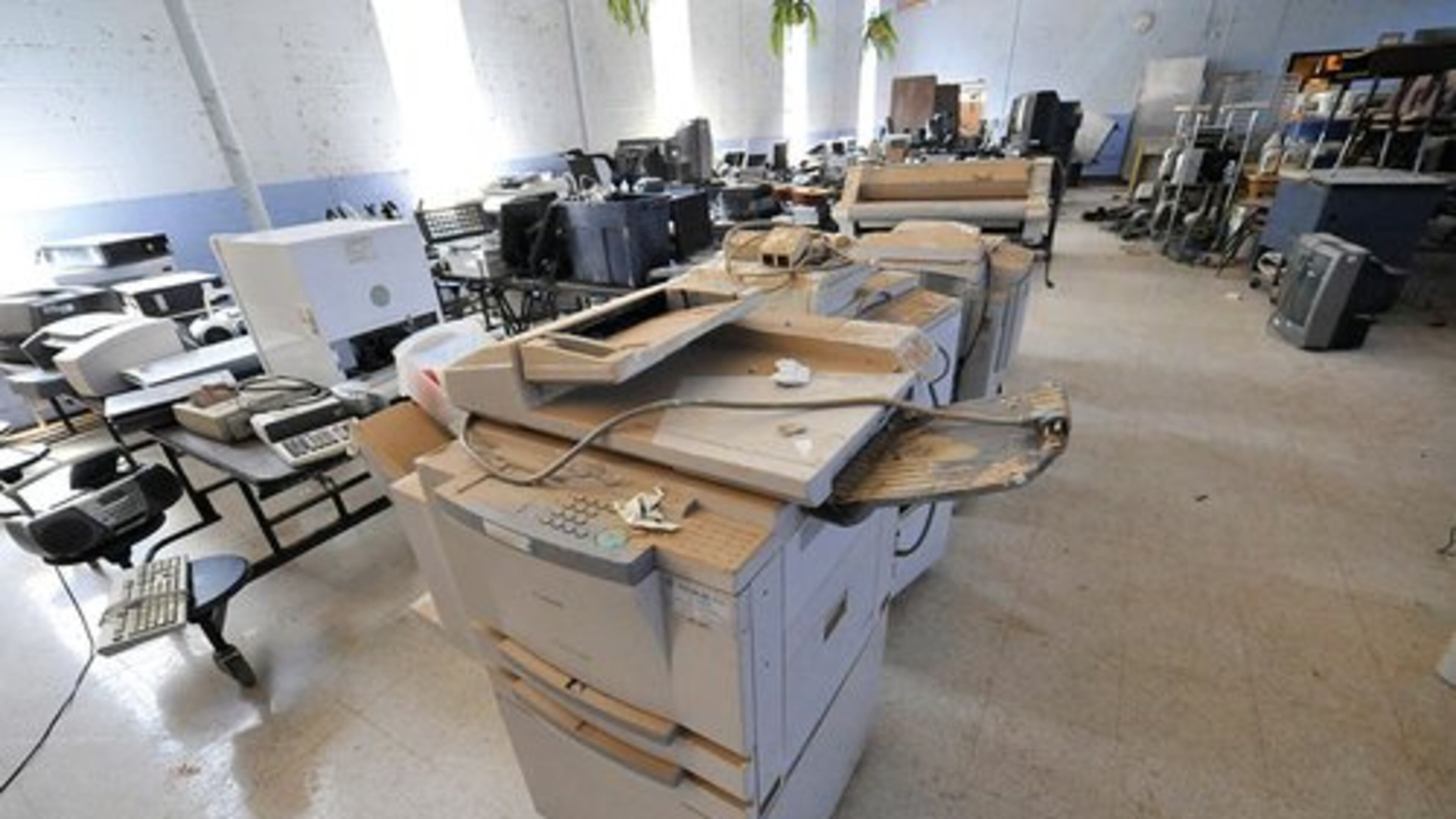BBB warns: Office copiers can be used to steal your identity

That office copier may not look very sinister.
In fact, you’ve probably used it to make a copy of your credit cards, paperwork that contains your social security number, tax returns or health records.
If so, you could be making it easier for someone to steal your identity.
The BBB warns that information you copy is stored on the hard drive of the copier.
Most copiers, printer, scanners and fax machines, like computers contain hard drives and these hard drives store data – thousands of images copied, scanned faxed or printed, according to the consumer protection agency.
Thieves can buy used copies then access the hard drives for personal information. New machines may have the ability to encrypt documents or self-erase but these features cost more and your company may not to opt for the feature.
Many copiers are "networked." If your network is hacked, thieves could have access to the copier hard drive as well.
Here are some tips to protect yourself:
- Ask your company to opt for additional security features including encryption on future purchases.
- When a copier's lease is up or it is sold, be sure the hard drive is erased before sending it off to the warehouse or new buyer. Companies should take responsibility for seeing this is done or should request proof that this task is done if completed by a third party.
- If an office copier is being repaired, make sure the tech is from a reputable company . Someone walking in asking to see your copier could be an ID thief.
- Limit what you copy, even if it is permitted by your company. Send items through encrypted emails when able.
- If using a copy center, library or other third party location to make copies be aware of their policies and procedures for dealing with data hard drives.


